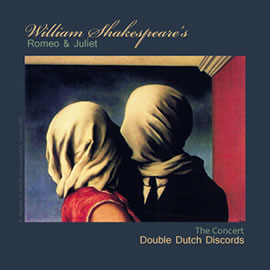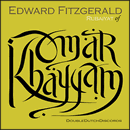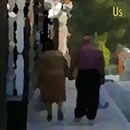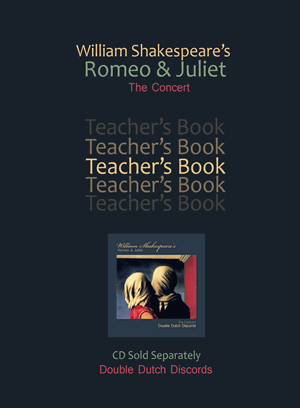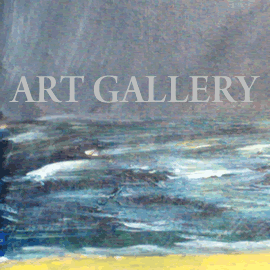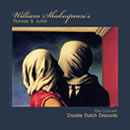The play is set in Verona, Italy and based on two prominent families who have been feuding enemies for years. The Capulets (Juliet’s family) vs The Montagues (Romeo’s family).
Romeo & Juliet are the star-crossed lovers who die as a result of their parents’ feuds.
Romeo & Juliet are the star-crossed lovers who die as a result of their parents’ feuds.
01 The Prologue
[Chorus]Two households both alike in dignity,
[In fair Verona where we lay our scene]
From ancient grudge, break to new mutiny,
Where civil blood makes civil hands unclean:
From forth the fatal loins of these two foes,
A pair of star-cross’d lovers, take their life:
Whose misadventur’d pitious overthrows,
Doth with their death bury their parents’ strife.
The fearful passage of their death-mark’d love,
And the continuance of their parents’ rage:
Which but their children’s end nought could remove:
Is now the two hours’ traffic of our Stage.
The which if you with patient ears attend,
What here shall miss, our toil shall strive to mend.
